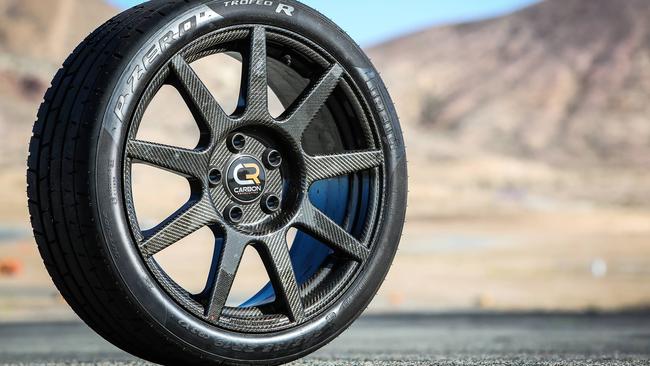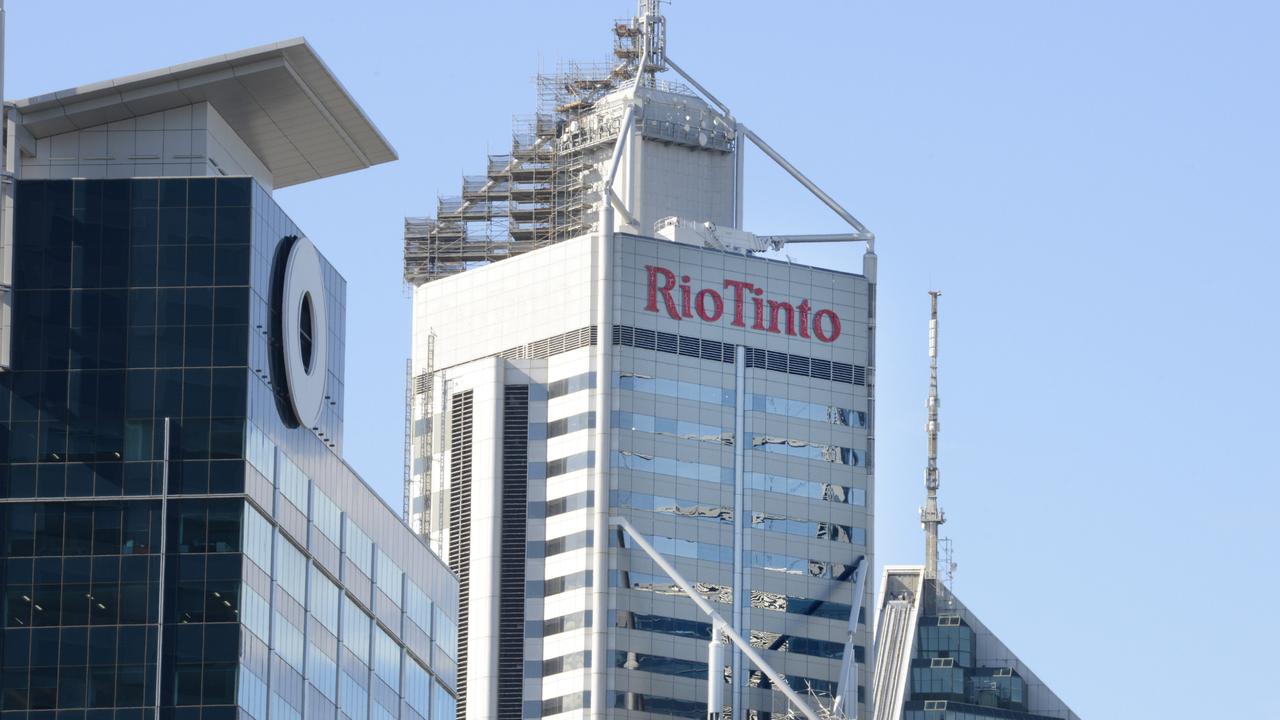Carbon Revolution relying on new technology
Carbon wheel manufacturer is banking on new fascia technology that dramatically improves the finish on its products.

Carbon wheel manufacturer Carbon Revolution is banking on the rollout of new fascia technology that dramatically improves the finish on its products to bolster margins and reduce costs and inventory after reporting a bottom line annual net loss of $114m.
The result, which compared to a $27.2m loss a year earlier, was dragged down by $87.2m worth one off items relating to the firm’s $90m sharemarket float last December.
Earnings before interest, tax, depreciation, and amortisation was a loss of $17.1m, a 22 per cent improvement compared with the prior year loss of $22.4m.
As a result of issues relating to the conversion of moulded wheels to sold wheels and uncertainty created by the COVID-19 pandemic, the company in March withdrew its prospectus forecasts to be profitable on an EBITDA basis by the fourth quarter of 2020.
It also bolstered its balance sheet by raising $25m through an institutional placement and a further $2.7m via a share purchase plan.
“The business is as strong as it ever was. I have always been of the view that this company has the potential to be a very significant technology disrupter within our space and I still believe that to be the case,’’ said chairman and former UBS banker James Douglas.
“We have had some issues with COVID-19 but I am very confident about the future of this business.”
Carbon Revolution shares rose 9c in early trading but closed 5c lower at $1.61, compared to its $2.60 issue price. The shares were trading near $4.50 at the end of January.
The Geelong-based company, whose backers include industry fund giant Unisuper, Alex Waislitz’s Thorney Group, the Smorgon family’s Escor Group and Acorn Capital, has been looking to industrialise its production processes to more than double the output of its carbon fibre wheels to meet demand from global auto manufacturers Ferrari, Ford and Renault.
The company’s wheels are about 40 per cent lighter than conventional wheels and cut fuel consumption, reduce running costs and vehicle emissions.
An annualised wheel moulding rate of over 30,000 wheels was achieved during the fourth quarter of 2020.
But this ramp-up led to aesthetic wheel finishing issues which increased processing times and operational costs.
New fascia technology is expected to address the majority of the quality issues and provide a materially enhanced aesthetic finish to the wheels, while reducing costs and allowing the company to sell the excess inventory carried over from 2020 which built up during the COVID pandemic.
The first commercial sales of the new wheels will occur through September and the company has applied for a patent for the technology.
“This fascia technology really does help us unlock that industrialisation process,’’ Mr Douglas said.
The company said it expected to deliver strong sales growth in 2021 but declined to give a more detailed forecast.
It wants to leverage its technology into adjacent industries, such as the aerospace and transportation sectors, and will continue to invest in this expansion during the year ahead.
Carbon Revolution has been criticised for the substantial government support it has received during its ramp up.
The Andrews Labor government in Victoria injected $27.5m into Carbon Revolution early last year through a convertible note structure, which left it with a 3.6 per cent shareholding in the company after the float.
The government still has an outstanding loan of $5.5m repayable by June 30, 2021 and the company said in its accounts that it expected future grant funds would be offset against the loan.
Once the 2020 grant its approved the loan will be reduced by $2m to $3.5m, the company said.
11.2 per cent shareholder, Swiss wheel manufacturer Ronal, is also owed $13m by June 30, 2021 and Carbon Revolution said arrangements to repay the loan were well progressed.
It said the key terms and conditions for a three-year term loan facility with Export Finance Australia had also been agreed and the arrangement was currently being documented.
Another key shareholder in the company is foundation investor Deakin University, which holds a stake of 6.6 per cent.




To join the conversation, please log in. Don't have an account? Register
Join the conversation, you are commenting as Logout